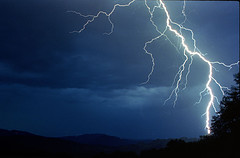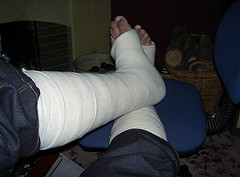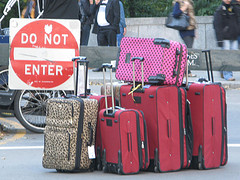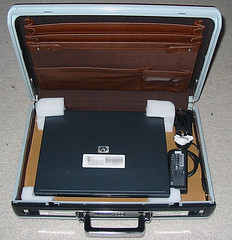 This topic has been getting a lot of press lately, but for a good, if unsavory, reason. It’s apparent that this public health scare is well-founded because bed bugs are back and with a vengeance.
This topic has been getting a lot of press lately, but for a good, if unsavory, reason. It’s apparent that this public health scare is well-founded because bed bugs are back and with a vengeance.Knowing the danger spots is half the battle, but the other half requires being persistent about avoiding them.
If your summer trips will take you to one of the top danger zones for bed bugs, then it’s a good time to learn the art of assertive detecting.
- Know what to look for – this includes checking the room as soon as you arrive (before you open your suitcase). Strip the bed down to the mattress and look for black spots and dark stains around the edges of the mattress. Don’t find anything? Lift the mattress and look underneath as well (it may have been flipped).
- If you find anything suspicious, ask to be given another room on another floor, preferably another building, and repeat the procedure.
Even if you don’t find any signs, don’t leave clothing draped over the bed or chairs. Keep your clothing in your suitcase on a luggage rack away from the bed. When you return, immediately put your clothes in the washer and dry them on hot heat to kill any stragglers. Keep your suitcase outside for a week too.
See these bedbug prevention tips for more.









